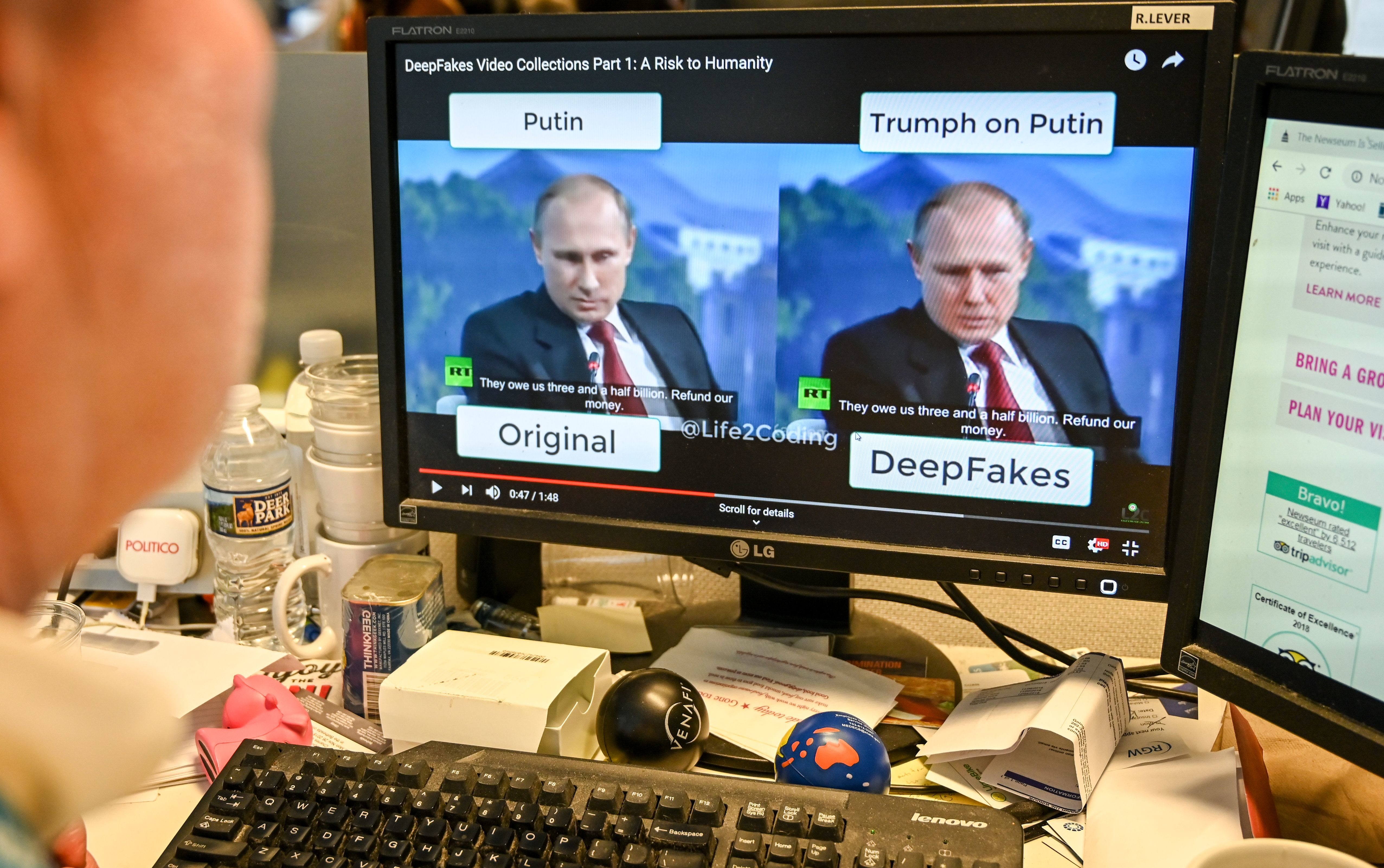


There was scant progress toward providing justice for the alleged killings of hundreds of suspects during past security forces operations, though a few trials of crimes by alleged Islamist fighters took place. Several activists and members of the political opposition were questioned or detained after criticizing the government’s response to the growing insecurity. The violence, including the June massacre of over 135 civilians in Solhan, the single deadliest attack in the country since the outbreak of armed conflict in 2016, led to demonstrations calling for an end to the bloodshed. The government of President Roch Marc Kaboré, elected in November 2020 to a second term, struggled during 2021 to address the overlapping crises. Introduced with a foreword by Martin Scheinin, former UN Special Rapporteur on Human Rights and Counter-Terrorism, the volume examines a wide range of gendered impacts of counter-terrorism measures that have not been theorized in the leading texts on terrorism, counter-terrorism, national security, and human rights.During 2021, there was a marked deterioration in Burkina Faso’s human rights and security situation as attacks and atrocities by armed Islamist groups surged, unlawful killings by state security forces and pro-government militias during counterterrorism operations continued, and the humanitarian situation worsened. Through this variegated human rights lens, the authors in this volume identify the spectrum and nature of rights violations arising in the context of gendered counter-terrorism and national security practices. By integrating gender into a human rights analysis of counter-terrorism―and human rights into a gendered analysis of counter-terrorism―this volume aims to reverse this trend.

This assumption has obscured the ways that women, men, and sexual minorities experience counter-terrorism. Human rights analyses of the counter-terrorism measures implemented in the aftermath of 11 September 2001 have assumed that men suffer the most―both numerically and in terms of the nature of rights violations endured. In the name of fighting terrorism, countries have been invaded wars have been waged people have been detained, rendered and tortured and campaigns for “hearts and minds” have been unleashed.


 0 kommentar(er)
0 kommentar(er)
